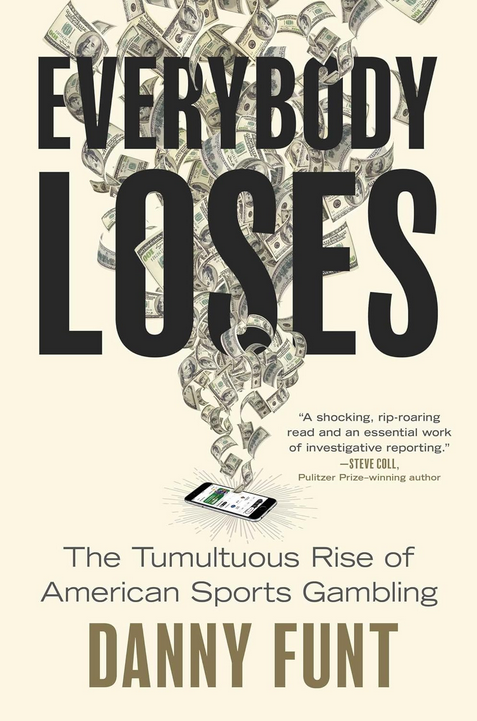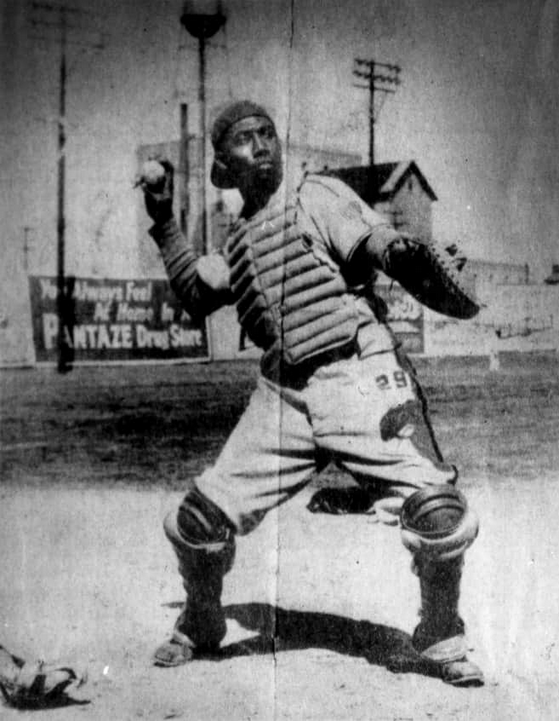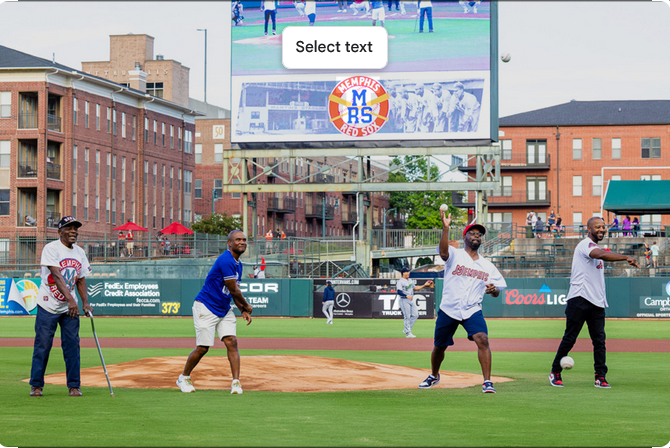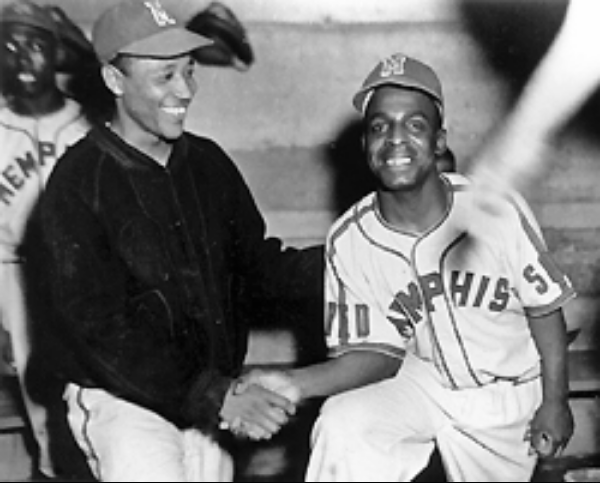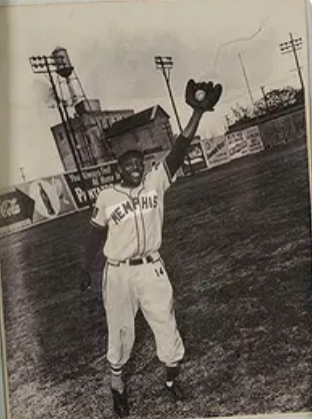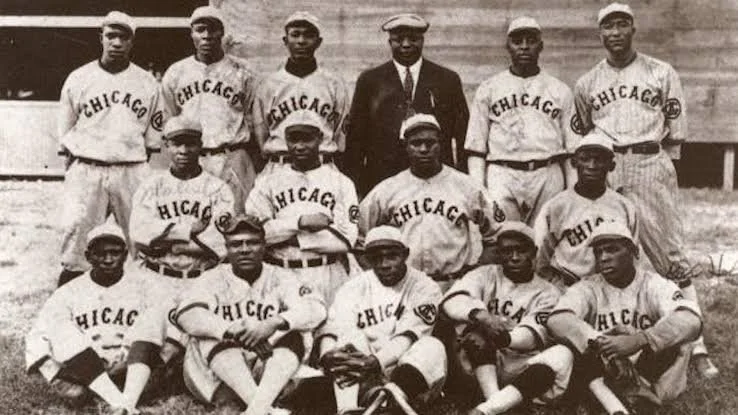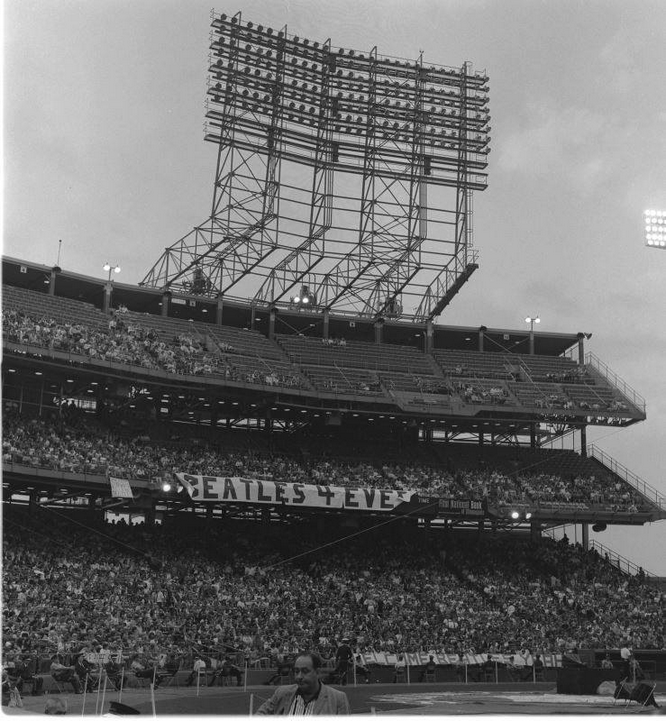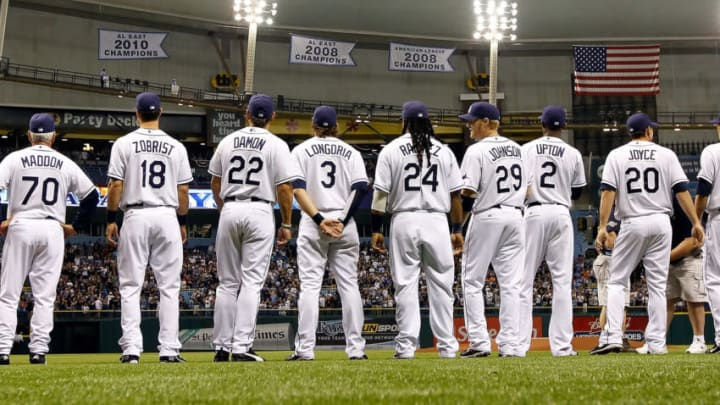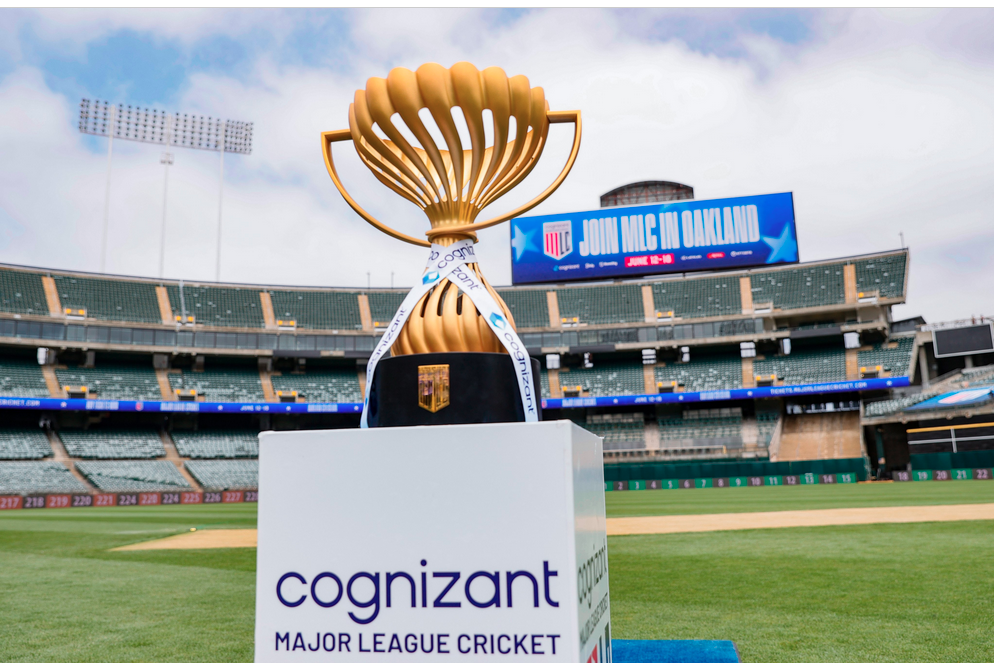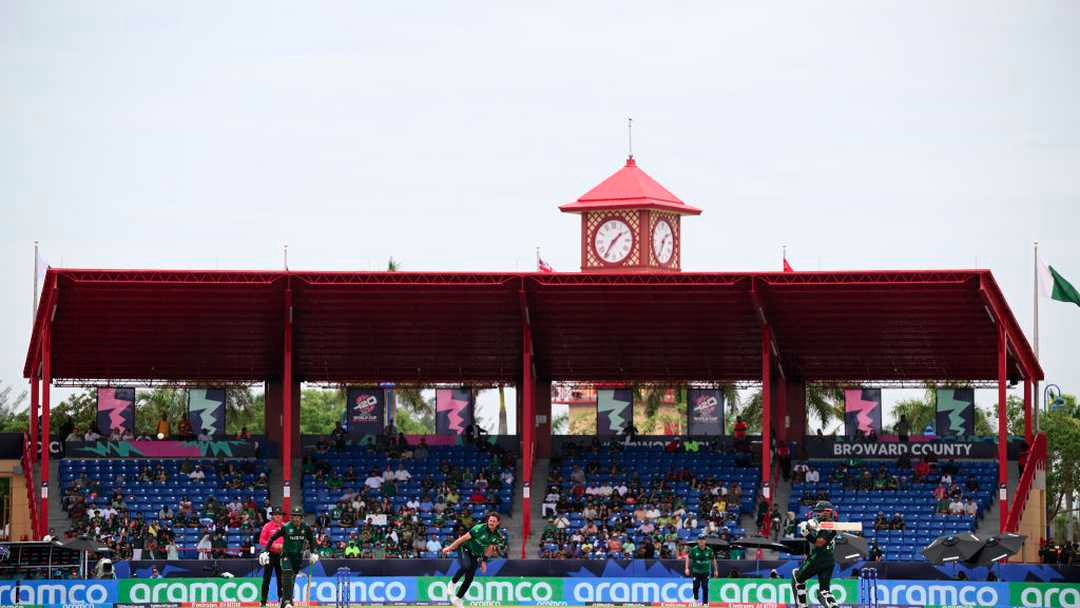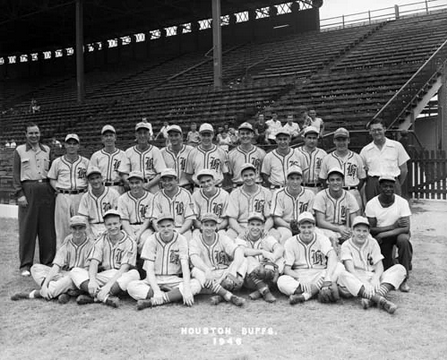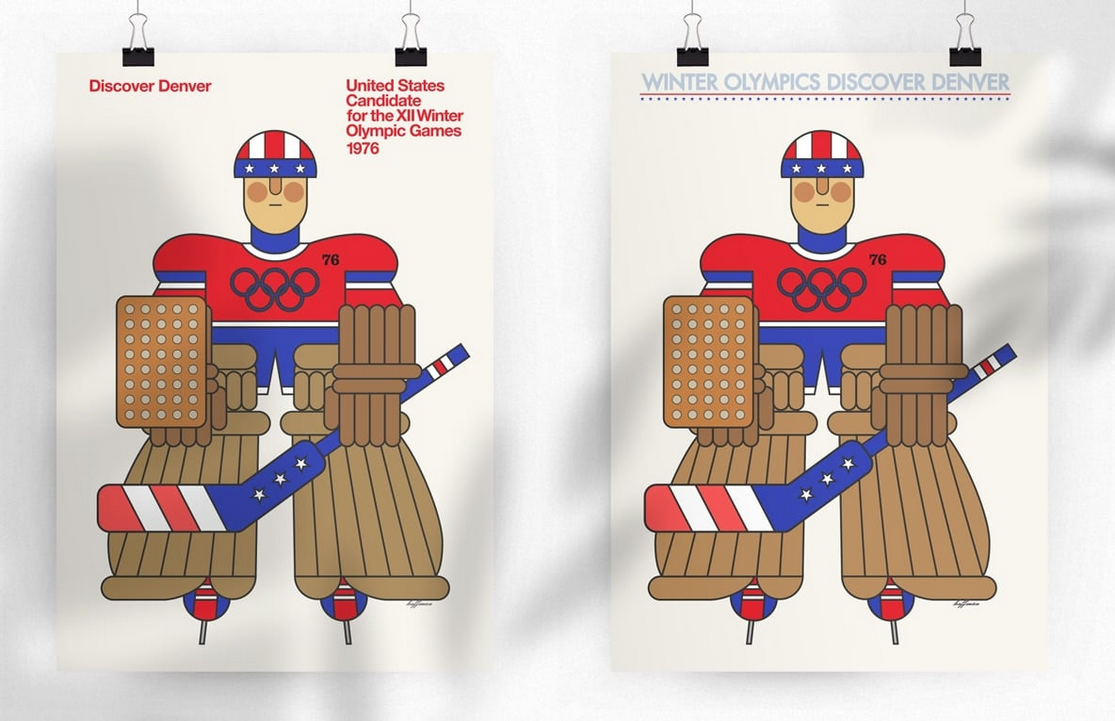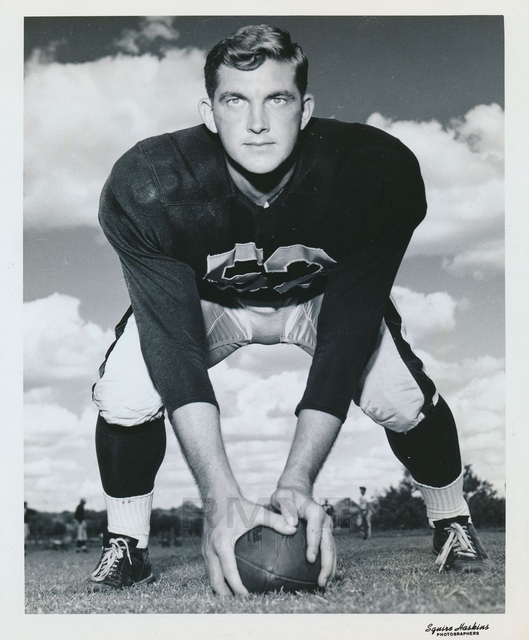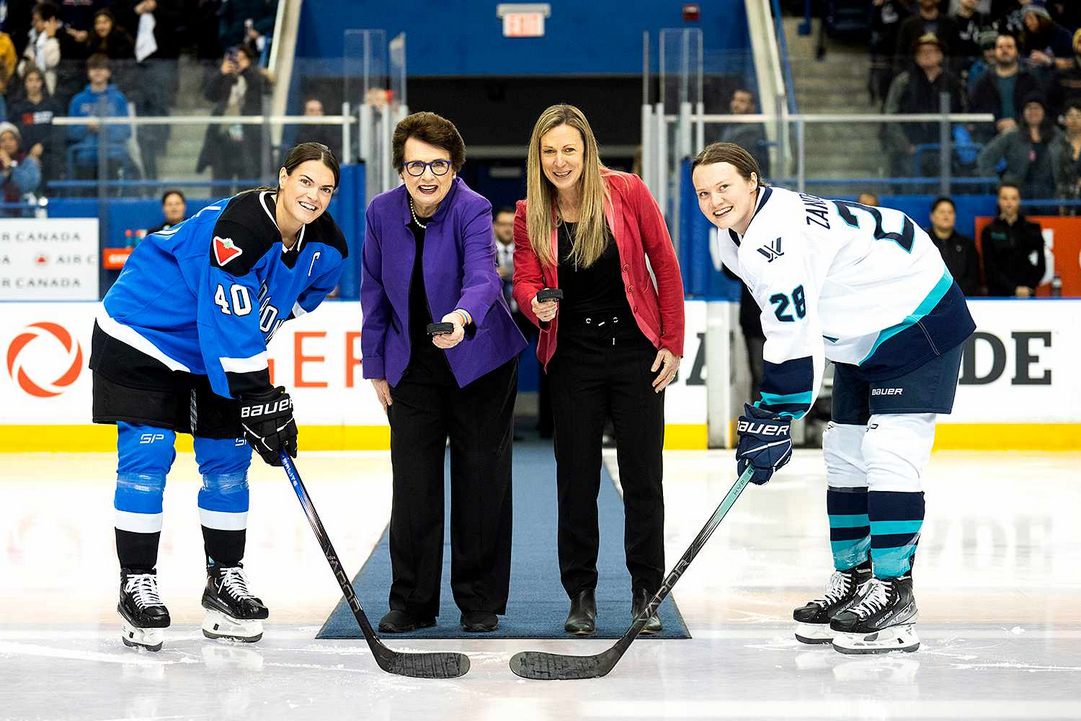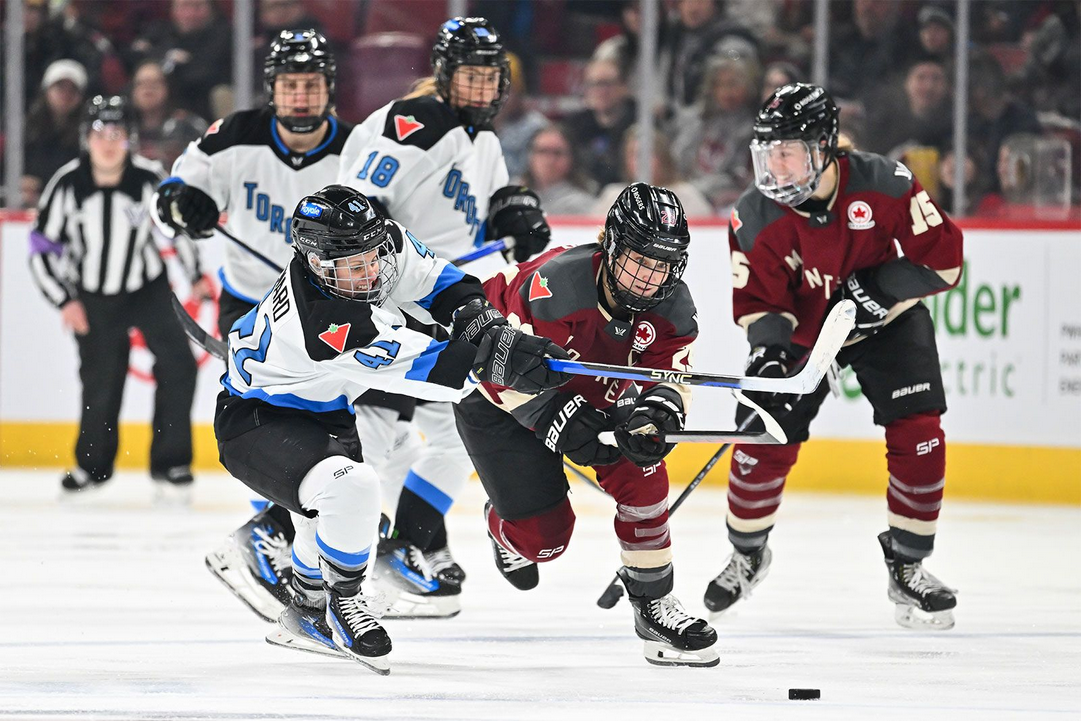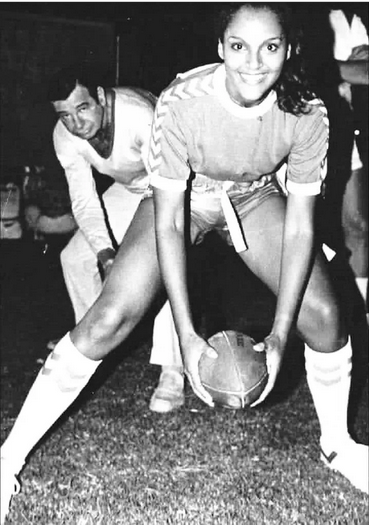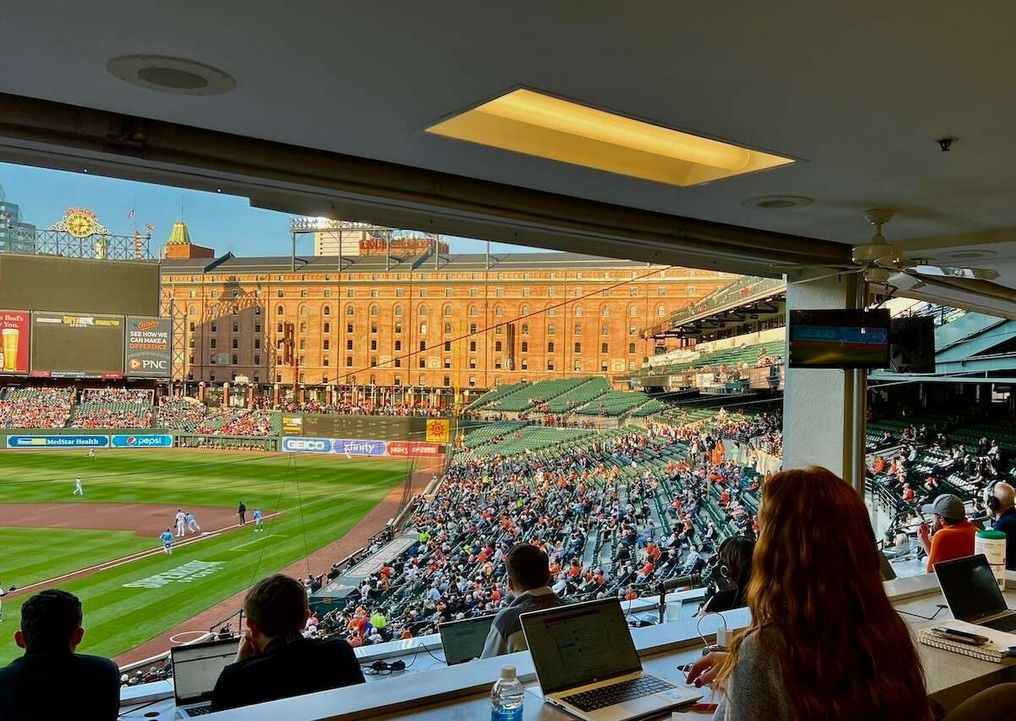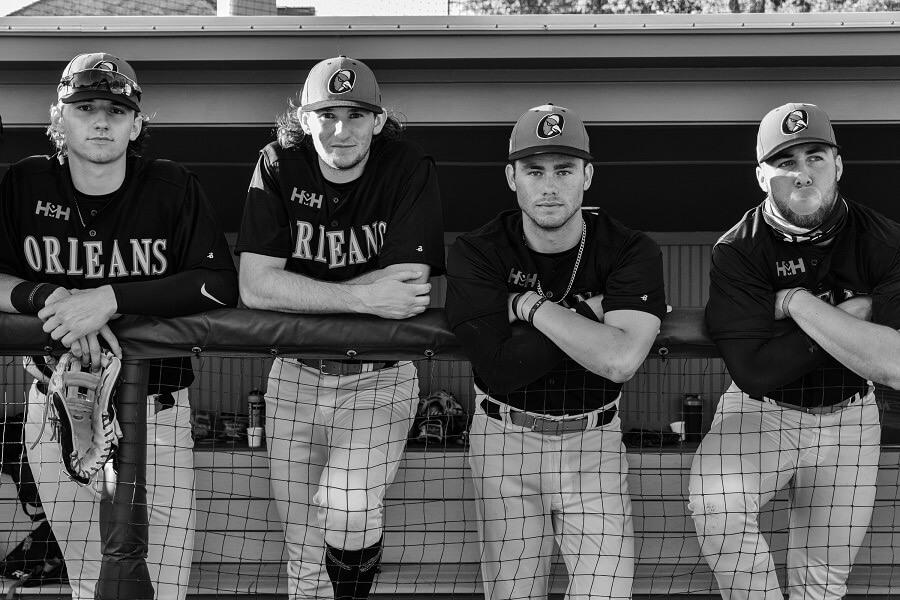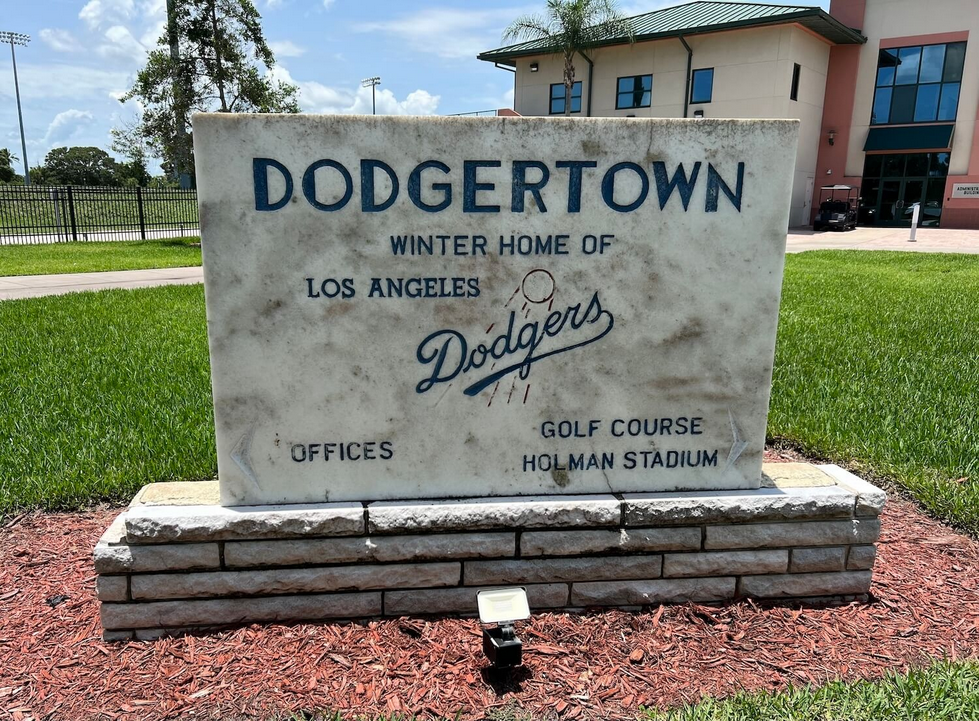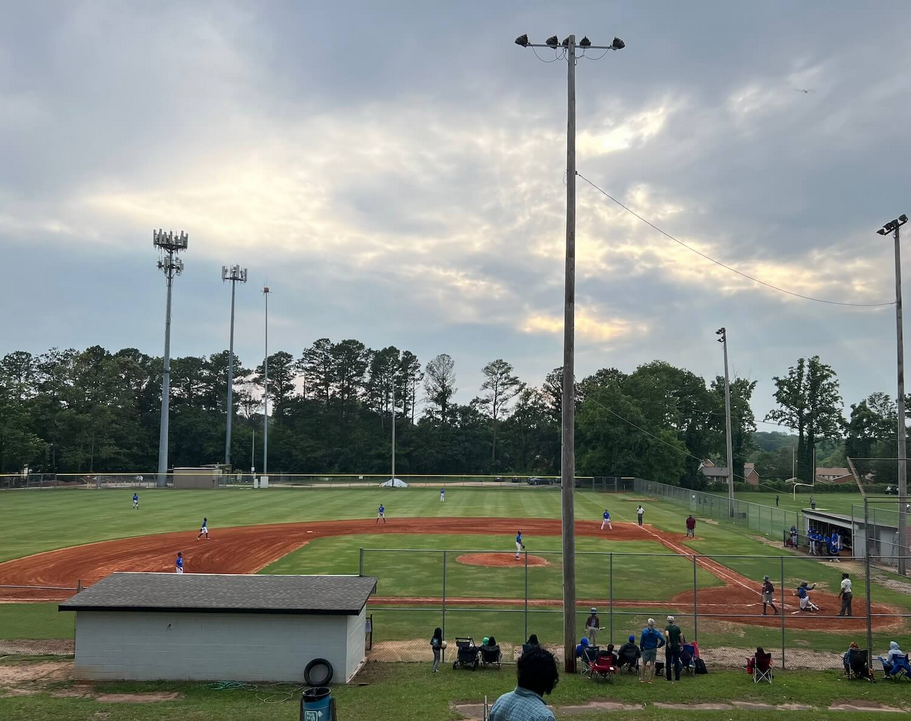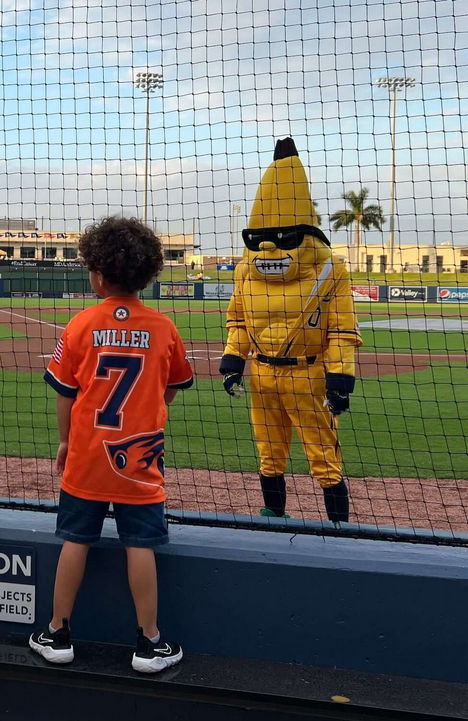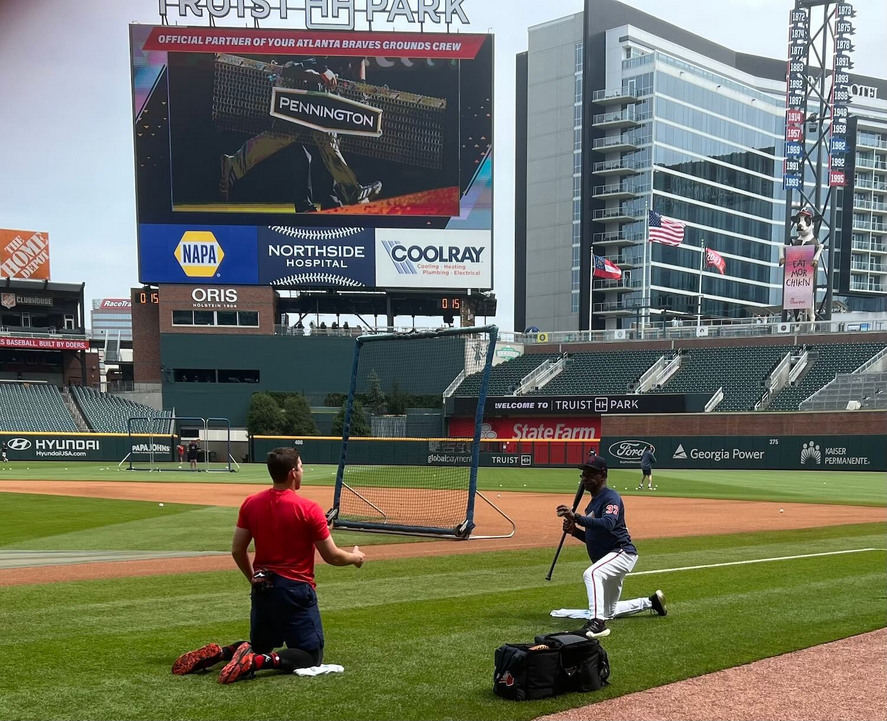He’s been called “American soccer’s renaissance man,” and in this episode, Dr. Joe Machnik returns to trace the remarkable arc of a life spent pushing the sport forward in the United States. When Machnik first joined us for Episode 24 back in 2017, he brought a rare, firsthand view of American soccer’s highs and lows. Today, with his new memoir, "From the Sandlots to the World Cup: Inside Seven Decades of American Soccer" freshly in hand, we revisit that conversation with even richer context and perspective.
Dr. Joe’s story began in Brooklyn, where an immigrant neighborhood and a love of the game planted the seeds for a career that would — like the domestic trajectory of the sport itself — defy easy categorization. From playing as an All-America goalkeeper at Long Island University and helping win the U.S. Open Cup with the New York Ukrainians, to coaching college teams deep into NCAA championship territory, Machnik’s early years were defined by a deep connection to the grassroots of American soccer. He went on to assist the U.S. Men’s National Team during its historic qualification for the 1990 World Cup — the country’s first appearance in four decades — and even helped the U.S. futsal team earn a bronze medal on the world stage.
But Machnik’s influence didn’t stop with players and coaches. In the chaotic early years of modern professional soccer in the U.S., he was one of the architects of the rules themselves. He helped devise the original rulebook for the Major Indoor Soccer League, later served as commissioner of the smaller-market American Indoor Soccer Association, and even coached the MISL’s New York Arrows — bringing structure and professionalism to a game still trying to find its identity in the American sports landscape.
Outdoors, his imprint has been equally deep. Machnik led refereeing operations for Major League Soccer during its formative years, establishing standards that helped turn a fledgling league into a stable, competitive professional circuit. He also directed officiating for national collegiate bodies and served as a FIFA and CONCACAF match commissioner, carrying the credibility he built in American soccer onto the global stage.
Today, "Dr. Joe" is widely known as FOX Sports’ Soccer Rules Analyst—the authoritative voice millions hear during World Cups, Gold Cups, MLS matches, and international tournaments — explaining the game’s most controversial calls with clarity and patience. But beyond the broadcast booth, Machnik’s legacy lies in the countless players, referees, coaches, administrators, and fans who came to love the game because he helped make it possible.
Machnik reflects not only on the milestones of his own career, but on the larger narrative of how soccer in America has grown, stumbled, reinvented — and ultimately endured — over decades.
PLUS: Tim and Dr. Joe fret over the crassly commercial optics surrounding the upcoming FIFA World Cup 2026 next summer, and lament their shared frustrations — so far — in trying to obtain reasonably-priced tickets!
